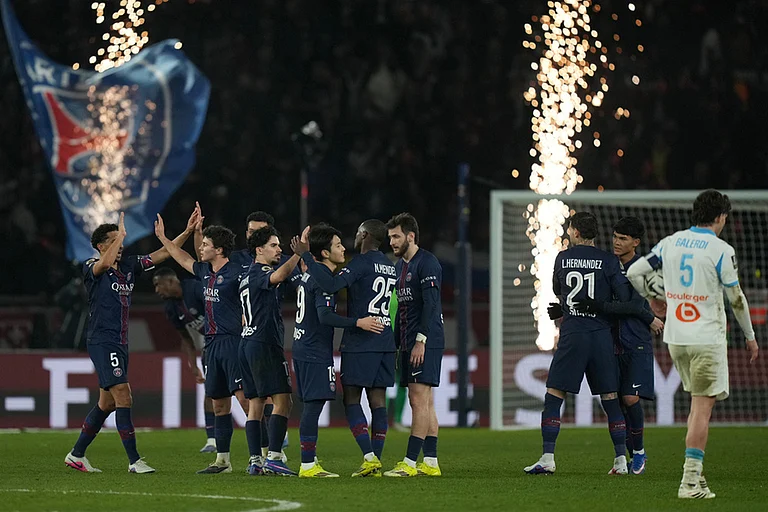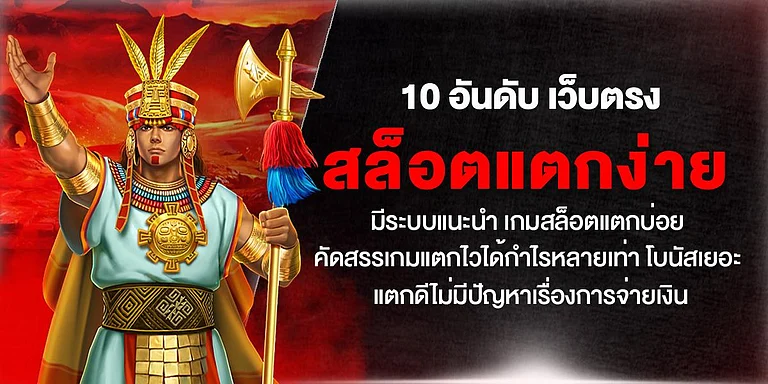How big is that If? That's the alarming buzz through the offices of Air-India (AI) and British Airways (BA) who share the bulk of direct flights between India and Britain under a bilateral agreement. But perhaps not for ever. "We're ready to roll up our sleeves and fight for our corner," Branson, the 49-year-old founder of Virgin Atlantic Airways-apart from a host of other Virgin businesses-told Outlook. "If we have to get the rules changed, we will." Confident? You bet. "We will get that route, but it may take a few months."
Branson doesn't look the flier who will come and go the way of United Airlines. Where this ballooning businessman enters, the competition trembles. "We like to turn these big companies upside down," he says with ease. "And hopefully of changing business so that it will never be the same again." A man who clearly enjoys the dread he provokes among competitors.
AI is dangerously close to business never being the same again. Look what Branson's done to travel between London and the US. Virgin prices a return trip for a 12-hour flight to Los Angeles at £168 (Rs 11,500) and a return ticket to New York for £142 (Rs 10,000). Others had to cut fares to match, but they're not complaining that they are losing money there. Fares aren't priced uniformly per flying hour, but on the basis of these rates, a return ticket of £150 (Rs 10,500) between London and Delhi or Mumbai on a flight just over eight hours is conceivable. At Rs 10,000 or a fraction more for a return ticket, London inches delightfully within bounds for Indians.
There's more. At those cheap fares Virgin offers travel that Branson claims is "a class above what anyone would expect, with 16-channel videos for each economy seat and in business class, sleepers, bars, lounges, drive-through check-ins, limousine services to airports, manicurists and masseurs for in-flight massage (Virgin employs 300 of them)". Now AI would certainly be worried, if a competitor charges half its fares and throws in a mid-air massage.
AI and BA have been taking about £600 a ticket at peak season for years on this route, more than three times the cost per flying hour than for the US. And even at those fares AI has made losses. Virgin, with its fractional fares, made a profit of £100 million on a turnover of £1 billion last year. And it was rated the second best airline in the world, after Singapore Airlines. Surely something is wrong with the airfare structure in India.
That something is lack of competition, says Branson. "When you have just two carriers, they charge identically high fares and match them pound for pound. It's only when you have three or four airlines competing on a route that you have real competition and the fares start coming down." And without competition, "quality drops off". The kind of aircraft and services BA provides on the Atlantic route are just not matched on its India route, he adds.
Virgin is late already, Branson thinks. "India is obviously a very much up-and-coming country and Virgin has been a bit slow in opening up business in India," he says. "We plan to put that right." A man in a hurry, he launched his airline only 15 years ago. Branson plans daily flights from London to Delhi and to Mumbai (he's careful to call it Mumbai), with half the staff from India.
Virgin flights to India would be the "bridgehead" for other Virgin businesses to follow. Virgin's holiday company will promote tours to India. "We send three 747s a day from London to Orlando for our travel company," Branson says. "Virgin Holidays guarantees tourism for countries we fly to. I'd love to promote India and we can help tourism considerably." With the holiday company, he plans to come in with hotels, cinemas, his soft drink Virgin Cola, cosmetics, clothing, "and maybe our financial services company". Branson has seen rapid success in the last area over the past three years. "India is certainly a marketplace we need to look at, one we should look at." The trouble is, to every idea of Branson, there is a counter lobby.
Branson's first move stands blocked by civil aviation minister Ananth Kumar. British deputy prime minister John Prescott spoke for Virgin at a meeting with Kumar in Delhi. Kumar said later: "We told him that if he provides us with more slots at Heathrow airport, we will consider raising the number of flights between the two countries." There is early danger that those conditions might be met, which has AI managers worrying. A review of slots has been ordered at Heathrow and AI might well get the slots at the time it wants. That can quite quickly clear the stated objection. Enter Virgin?
Branson finds it surprising that Virgin's entry is being held up by lack of slots for AI at Heathrow. "I can only assume that it comes from a desire to protect AI," Branson says. "If AI did really want them, they'd get the slots. Why AI doesn't want to put on more flights, I don't know."
Branson has fought this kind of battle "route by route" before. "We fought the same battle eight years ago in Japan," he says. And then again in South Africa. "Now India is the last place where only two airlines are allowed to fly." The new competition will not necessarily harm AI, he says. Cheaper fares on other routes brought on by Virgin have meant an expanded market, he says. The traffic between London and South Africa rose from 483,000 in 1995 when Virgin entered the market to 662,000 in 1998. The South African national carrier profited by the competition. AI, he said, would be pushed into improving services and can only gain because lower fares will bring far more traffic. "Every time new competition has been allowed, the flag carrier has become stronger," he says. "I honestly don't understand what the problem is."
Virgin's fares promise to shake up the domestic skies too. Virgin flies to Los Angeles at Rs 500 per flying hour per passenger. At that rate it should be possible to fly from Delhi to Bombay and back for Rs 2,000. It might even become cheaper to fly Delhi-London than Delhi-Trivandrum. "We have spoken to one or two operators about internal flights in India," he says. "Certainly that's a possibility for the future. But we specialise in long-haul travel, and we'd like to get that first." Virgin put in its application years ago. The difference now is that Branson is making a push to break that "reluctance to increase competition between here and India".
Branson takes pride in "showing how much better things can be done". "The travelling public is being cheated. If not through normal channels, then through the voters we want governments to realise that the public wants better service and better prices through increased competition." The entry of Virgin "will bring tens of millions of pounds of savings on fares for passengers".
It's still uncertain whether Branson will get the chance to show AI the way to do business. India will bring him profits if he gets in, for sure. But for Branson, the Indian market presents, like everything else before, a challenge. He's gone ballooning over the Himalayas. He now wants to land in Delhi.


























